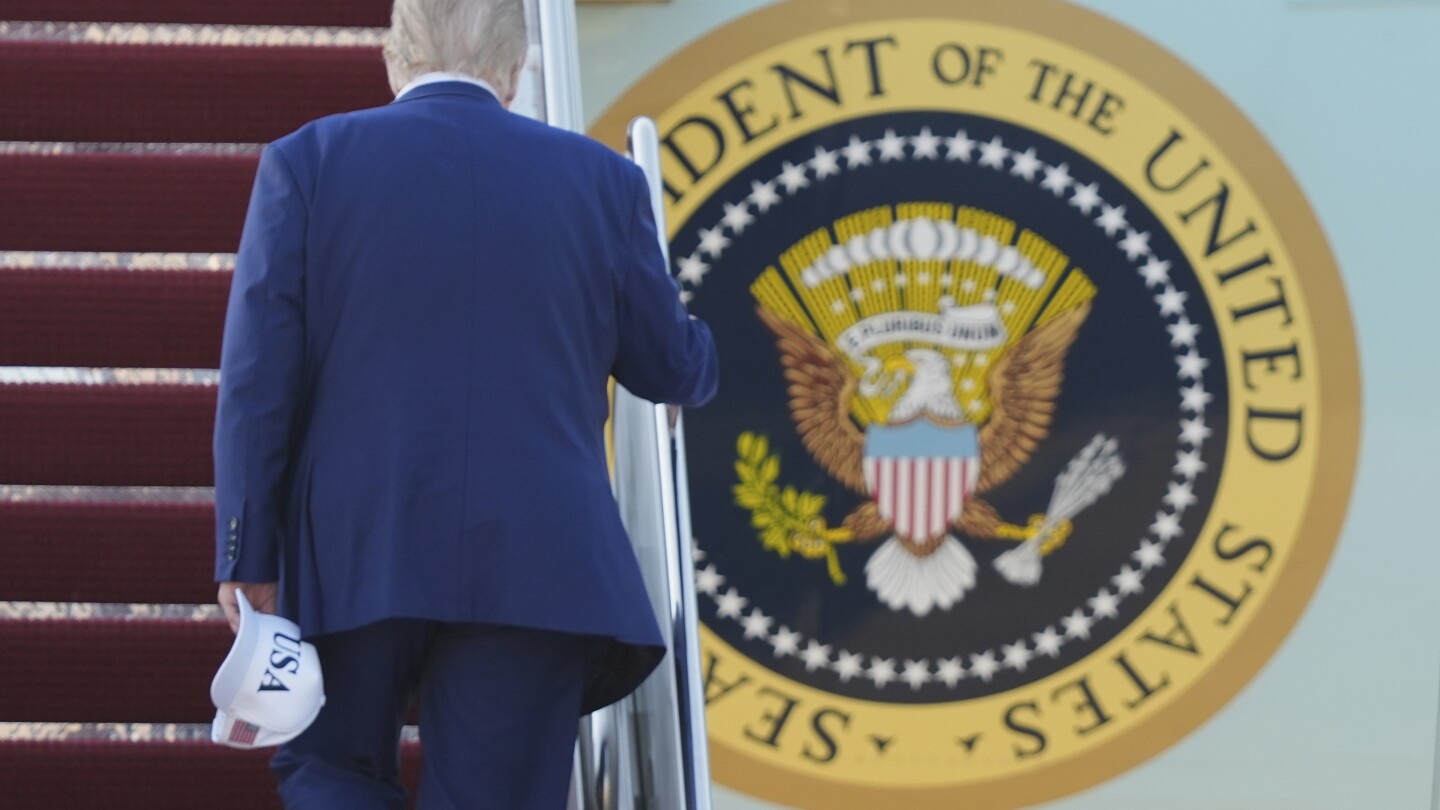WASHINGTON — President Donald Trump has issued a firm directive: “NO ONE GOES ON VACATION” until the comprehensive legislative package is on his desk by the Fourth of July. Congressional Republicans are heeding this call, intensifying efforts to finalize the bill.
Immediate Impact
The Senate is preparing for extended sessions over the weekend, with House Speaker Mike Johnson advising lawmakers to maintain flexible schedules for impending votes. Senate Majority Leader John Thune, R-S.D., expressed optimism, stating, “We are making good headway” and anticipates the Senate will pass the bill by week’s end, sending it back to the House for expedited action.
Despite Republican control of both chambers, the path to swift legislative action is fraught with challenges, particularly regarding proposed cuts to federal programs like Medicaid and SNAP, which serve millions of Americans. Internal GOP dissent and procedural hurdles have left party leaders scrambling as the deadline looms.
Key Details Emerge
Tax Cuts at the Core
The bill’s primary aim is to avert a potential $3.8 trillion tax hike, which could occur when existing tax breaks from Trump’s 2017 reforms expire in December. The legislation seeks to make these tax rates permanent and introduce new cuts, including exemptions on tips, overtime pay, and certain auto loans. Seniors earning under $75,000 annually would benefit from a larger $6,000 deduction, while the wealthiest households would see a $12,000 increase.
Middle income taxpayers could receive tax breaks ranging from $500 to $1,500, according to the Congressional Budget Office (CBO).
One contentious issue is the proposed $40,000 cap on state and local tax deductions (SALT), which GOP senators argue is excessive.
Funding Border Security and National Projects
The package allocates $350 billion to Trump’s border and national security agenda, including funds for a historic deportation operation and the hiring of 10,000 new ICE officers. Additionally, the bill proposes a $12 billion fund for states assisting with federal immigration enforcement.
Immigrants could face new fees, such as a $1,000 charge for asylum seekers.
Further provisions include funding for a missile defense system and $40 million for a “National Garden of American Heroes.”
By the Numbers
The CBO estimates the House bill would add $2.4 trillion to the deficit over a decade.
Republicans propose not counting existing tax breaks as new costs, arguing they are “current policy,” which could reduce the perceived fiscal impact to $441 billion. Critics, however, label this as “magic math,” with some estimates placing the cost at $4.2 trillion.
What Comes Next
As negotiations continue, the GOP faces pressure to reconcile differences within its ranks and address procedural challenges. The outcome of these deliberations will significantly impact federal policy and the national budget.
Trump, currently en route to a NATO meeting in Europe, has urged senators to remain committed, stating they should “lock themselves in a room” if necessary to finalize the bill.
The clock is ticking as lawmakers work tirelessly to meet the president’s deadline, with the potential for significant policy shifts hanging in the balance.
Associated Press writers Darlene Superville and Mary Clare Jalonick contributed to this report.
